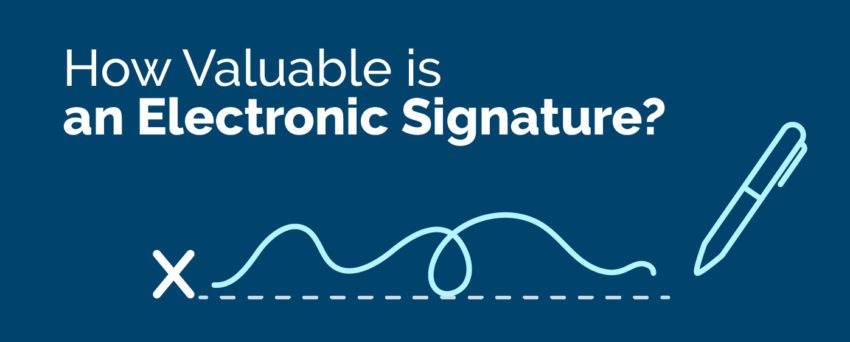03Dec 2018
The signature is a symbol as old as time. Verbal conversations use a handshake to seal an agreement, and written documents require a signature on paper to signify both parties have come to a consensus. In many cases, these contracts allow for much of our daily goings-on to happen. Contracts between schools, companies, organizations, and individuals more or less all move things forward, and they all require a signature of some sort.
This is no different in the digital age.
You may find some companies prefer you print out documents, sign them, scan them, and email them back. But what about an electronic signature? Nowadays there are several popular digital signature softwares that allow easy signing online without ever having to print a physical page again. Softwares such as DocuSign and HelloSign are becoming integral for businesses. These electronic signatures are just as legally binding as their physical counterparts and, in turn, can save a company time and money in their day-to-day proceedings.

What’s in an electronic signature?
What separates an electronic signature from simply typing out your name on a document? The difference within the legal implications. Think about all the times you have been able to both sign your signature and print your name on a form, usually denoting the bindingness of a document. These documents don’t just ask for you to print your name — they need these physical signatures to turn their documents into a contract. The same goes for digital documents. Simply typing your name does not turn a document into a legal contract, which is why electronic signatures are so important.
Why use digital signature software?
Electronic signatures help speed up document management processes tenfold. Instead of waiting for a back and forth when it comes to managing documents, all you need to do is have a secure connection and process to receive a signature. This is where digital signature software comes in.
But is that enough to ensure your document’s signature will be authenticated?
In order for a document to be considered legal:
- It must be authenticated by way of the signee: If the signer is not who he or she says he or she is, then the signature cannot be valid.
- The signee must know what he or she is signing: If there is any disingenuousness on the part of the document owner, in some places, the document may not be considered legal once signed.
- The document can’t be tampered: using a document management software or digital signature software that is compliant with security regulations will eliminate this risk.
These rules vary depending on country.
Considering transitioning into a paperless office? Learn about the benefits of going paperless and how Docudavit can help with paperless document management software.


1 thought on “How Valuable is an Electronic Signature?”
Comments are closed.